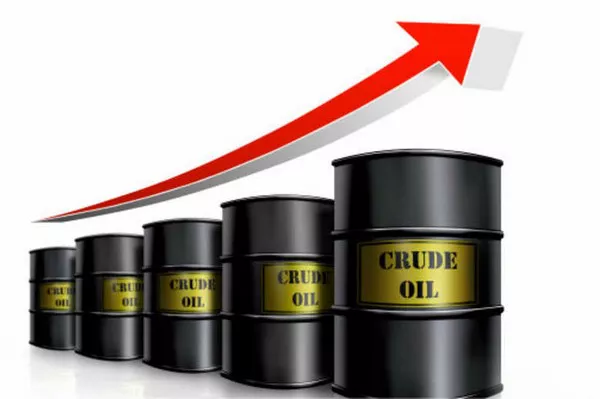Oil, often referred to as the lifeblood of the global economy, holds immense significance in various sectors, from energy production to transportation. The ability to predict and manage price fluctuations in the oil market is crucial for many businesses and investors. This is where oil futures trading comes into play.
Understanding Oil Futures Trading
Oil futures trading involves the buying and selling of contracts that represent an agreement to purchase or sell a specified quantity of oil at a predetermined price on a future date. These contracts serve as a means for market participants to hedge against price volatility or speculate on potential price movements.
Mechanics of Oil Futures Trading
Oil futures trading takes place on established commodity exchanges, such as the New York Mercantile Exchange (NYMEX) and the Intercontinental Exchange (ICE). These exchanges provide a platform where participants can trade standardized oil futures contracts.
Each oil futures contract represents a specific quantity of oil, typically measured in barrels. The contracts have predetermined expiration dates, with the most actively traded contracts usually expiring in the near-term months.
Participants in Oil Futures Trading
Oil futures trading attracts a diverse range of participants, including:
1. Hedgers: Companies involved in the production, transportation, and consumption of oil use futures contracts to manage the risk of price fluctuations. For instance, an airline might buy oil futures contracts to hedge against potential increases in jet fuel prices.
2. Speculators: Traders who seek to profit from price movements without any intention of taking physical delivery of the oil are considered speculators. They play a vital role in providing liquidity to the market.
3. Producers: Oil producers often use futures contracts to secure a selling price for their oil before extraction. This helps them mitigate the risk of price declines.
4. Consumers: Industries heavily reliant on oil, such as petrochemical companies, may use futures contracts to lock in purchase prices, ensuring stability in their cost structure.
Benefits of Oil Futures Trading
1. Risk Management: Oil futures allow businesses to manage the uncertainty of price fluctuations, providing stability in their financial planning.
2. Price Discovery: Oil futures markets contribute to price discovery by reflecting the collective opinions of market participants about the future supply and demand dynamics of oil.
3. Liquidity: The oil futures market is highly liquid, facilitating easy entry and exit for traders and investors.
4. Speculative Opportunities: Traders can profit from price movements by speculating on the direction of oil prices.
5. Portfolio Diversification: Oil futures can be integrated into investment portfolios to add diversification and potential returns.
Impact on the Financial Landscape
Oil is a vital commodity that affects multiple sectors, including energy, transportation, and manufacturing. As a result, oil futures trading has a significant impact on the broader financial landscape.
1. Economic Indicators: Oil prices influence inflation rates, as higher oil prices can lead to increased production costs and consumer prices.
2. Stock Markets: Changes in oil prices can impact the performance of companies in energy-related sectors, potentially affecting overall stock market sentiment.
3. Geopolitical Events: Geopolitical tensions in oil-producing regions can lead to supply disruptions, causing fluctuations in oil prices and affecting global markets.
4. Central Bank Policies: Central banks often monitor oil prices as part of their decision-making process regarding interest rates and monetary policies.
Conclusion
Oil futures trading plays a pivotal role in managing the uncertainties surrounding oil price movements. It provides a platform for participants to hedge their risks, speculate on price movements, and contribute to price discovery. With its impact stretching beyond financial markets into various sectors of the global economy, oil futures trading showcases the intricate interplay between supply, demand, geopolitical events, and market sentiment. As a result, understanding the mechanics of oil futures trading is not only beneficial for market participants but also crucial for a comprehensive understanding of the broader financial landscape.

